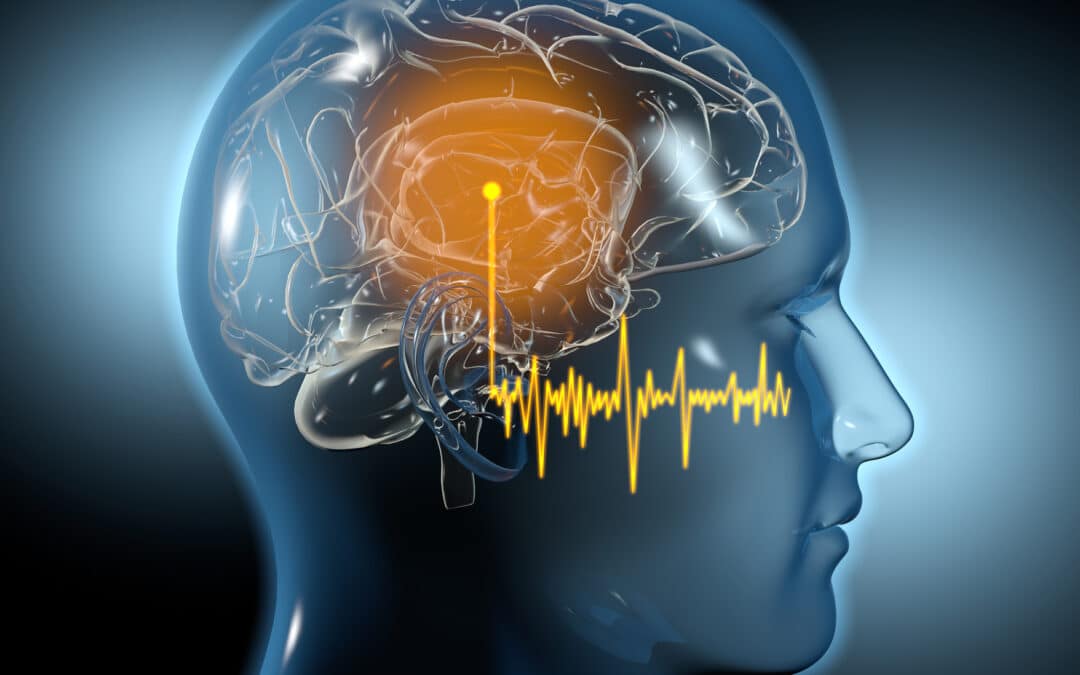What Do We Know?
The scientific community notes tinnitus is only partially understood. It can be caused by abnormal activity in the part of your brain that processes sound, or by damage to hairs inside your inner ear. These hairs can bend or break during aging or when you are regularly exposed to loud noise, which causes them to “leak” random electrical impulses to your brain.
Cleveland Clinic audiologist Dr. Sarah Sydlowski compares tinnitus to phantom limb pain. She says:
“Commonly, tinnitus occurs when your inner ear (cochlea) is damaged. When this happens, the cochlea doesn’t stop working. It still tries to function so you’re able to hear certain sounds. And when your inner ear isn’t working correctly, it starts producing sounds to replace what you’re supposed to hear naturally; it’s a phantom sound.”
It’s important to understand that this area of the auditory system contains many tiny arteries that provide the inner ear with nutrition and oxygen. If this blood supply is interrupted or impaired, it can cause tinnitus. This explains how cardiovascular disease, diabetes, or other circulatory problems can impact hearing.
Health Conditions that Worsen Tinnitus
Many health conditions can cause or worsen tinnitus:
- Age-related hearing loss
- Sinus or ear infection
- Exposure to loud noises
- Certain medications (there are many)
- Ménière’s disease
- Brain or ear tumors
- Temporomandibular joint (TMJ) disorders
- Excessive earwax
- Allergies
- Mast Cell Activation Syndrome (MCAS)
- Thyroid abnormalities
- Hormonal changes (in women)
- COVID-19 infection (Long Covid) or COVID-19 vaccination (ringing in the ears is one symptom of exposure to the spike protein in SARS-CoV-2)
Tinnitus Treatment
When tinnitus has an underlying physiological cause, as in most of the above health conditions, addressing the root problem can eliminate the tinnitus or significantly reduce symptoms. Additional treatments that show promise include sound therapy devices, behavioral therapies, and preventive approaches. Diet and nutrition may also help.
Sound Therapy – Tinnitus is more noticeable in a quiet setting. The use of gentle noise or soft music may help reduce the ringing effect. Peaceful noise examples include light rain or wind, a river flowing, or other natural sounds.
Behavioral Therapy – Tinnitus retraining therapy uses sound therapy and counseling to “retrain” the brain so you no longer notice the inner ear ringing. There may also be underlying emotional causes of tinnitus. Several studies show a link between tinnitus and anxiety. One study concluded that 24% of tinnitus patients experienced moderate or severe anxiety.
Prevention – Protect hearing by using earplugs whenever in loud environments. Also, the widespread use of earbuds with personal listening devices may be problematic. A recent study showed a link between unsafe listening practices using earbuds and hearing loss. Should you choose to use headphones or earbuds, be sure to keep the volume low to moderate and consider the impact of electromagnetic field (EMF) exposure. Reducing your EMF exposure through radiofrequency devices, cell phones, computers, and Wi-Fi may also lessen tinnitus symptoms and protect hearing.
Diet and Nutrition
Diet and Nutrition – Certain foods can worsen tinnitus symptoms, while others can help improve them. A high-fat diet, high in calcium and iron, can increase tinnitus risk. Refined sugar, alcohol, and artificial sweeteners may make symptoms worse.
A small study of obese subjects found significant improvement after a 12-week program of dieting and physical activity (at least 10,000 steps a day). Some preliminary evidence shows that two supplements may reduce symptoms: pycnogenol (pine bark extract) and melatonin. Pine bark extract may improve blood flow to the inner ear, and melatonin may reduce symptoms in some people.
Some studies showed that ginkgo biloba and Korean red ginseng provided improvement in some people with tinnitus. Another study showed that many people improved with zinc supplementation since about 31 percent of tinnitus sufferers are zinc deficient.
More recent research shows that low-level laser therapy (LLLT) using red and infrared light in the inner ear may be the most promising treatment. This treatment may promote tissue regeneration and improve blood flow in the inner ear. The study was the first to show that LLLT is effective and better than placebos and also the first to monitor short-term outcomes of LLLT combined with other therapies.
Other natural therapies, such as herbs, stress management, biofeedback, wearing a night guard, and heavy metal chelation, may also be helpful for those with tinnitus. At Sanoviv, our integrative and multi-disciplinary approach can help identify root causes and gently improve symptoms.

